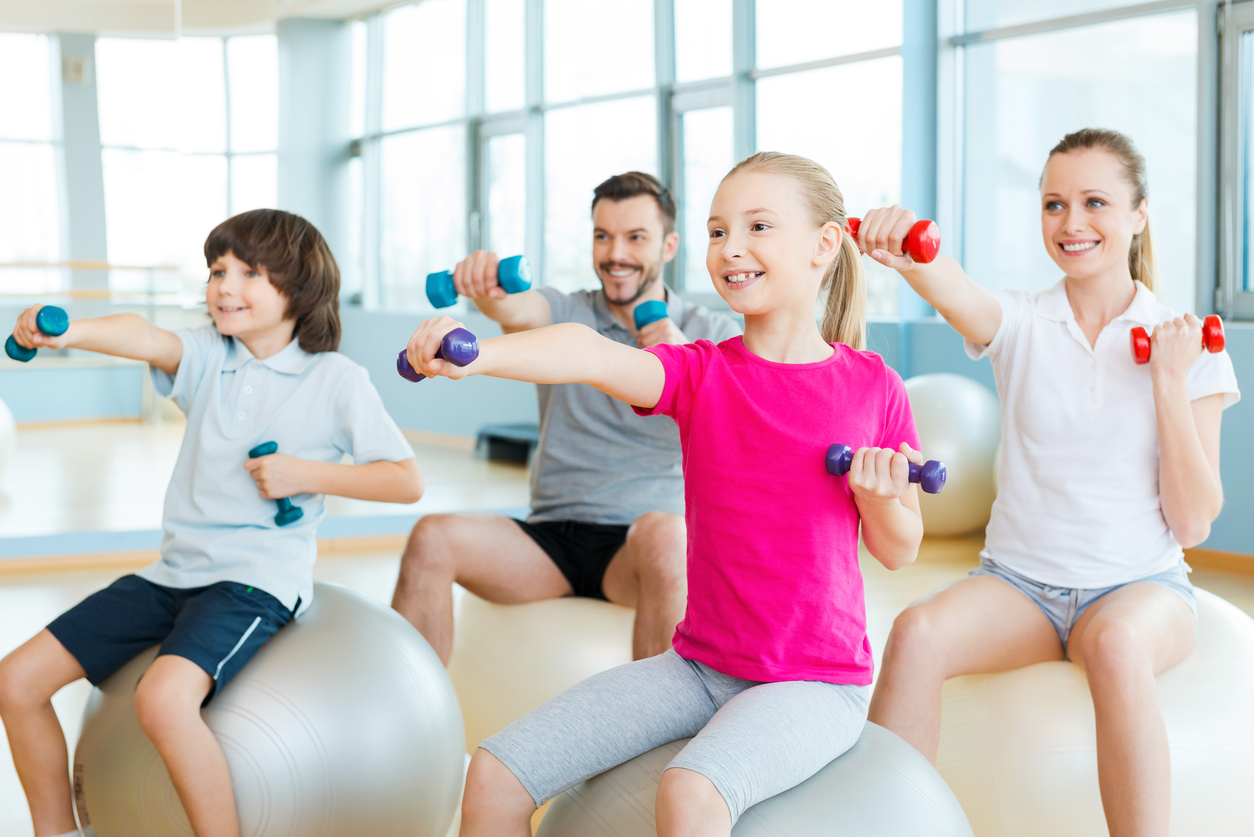When people talk about physical education the conversation often focuses on the topics of weight loss, and proper nutrition. One thing that many people do not realize is that physical education and exercise not only makes them physically stronger but it also helps their brains function better. Hundreds of studies have been conducted that show the effects of exercise on the brain. Physical activity has been shown to improve attitude, cognitive performance as well as focus and creativity. These improvements in brain function and behavior are in part due to improved blood flow to the brain, the formation of new nerve cells, more efficient neuron firing, and larger brains.
Increased Blood Flow
Exercise has been proved to do more than just strengthen our muscles and bones. Scientific evidence shows that people who include physical activity in their lives have “fitter brains” than those who do not exercise. Physical activities that increase heart rate result in increased blood flow and oxygen transportation to the brain. This increase in blood flow and oxygen to the brain stimulates nerve cells to start producing neurotropic factors or growth factors which give rise to new nerve cells as well as cause nerve cells to increase connections with other nerve cells. Regular physical activity also causes the release of a number of different neurotransmitters that make people feel better. Research has recently found that with regular exercise, these neurotransmitters can have long lasting effects on the brain. Regular exercise improves mood, decreases anxiety, improves sleep, improves resilience in the face of stress, and improves self-esteem.
Bigger Brains
The University of Illinois conducted a study using 9 and 10 year olds of various fitness levels. The researchers wanted to see how fitness affected the immature brain. The children in the study participated in cognitive challenges that involved watching directional arrows on a computer screen and pushing certain keys in order to test how well they filtered out unnecessary information and attended to relative cues. MRI scans were conducted to see possible changes in the brain between the fitter kids and the unfit kids. The scans showed that the fitter children had larger basal ganglia when compared to those who were less fit. The basal ganglia aids in maintaining attention and the ability to coordinate actions and thought crisply. Another study found that fitter children had larger hippocampi than the less fit children. The hippocampi play a crucial role in memory function and spatial navigation.
Benefits in brain function from exercise can also be reaped in adulthood. More efficient brain function can be seen both immediately after a workout. In a 2006 German study, researchers found that participants learned vocabulary words 20% faster after an anaerobic sprint session. In another study college students reported having better focus after a short bout of moderate to vigorous physical activity. When the students came back to their books it was easier to fall back into a focused study, opposed to those who simply stayed sedentary. These studies confirm that short intense bouts of exercise can help improve focus and memory due to the increased blood flow and oxygen to the brain.
Higher levels of physical activity have been associated with better cognitive performance among the elderly. One study found that long-term regular physical activity, including walking, was associated with significantly better cognitive function and less cognitive decline in older women. These studies and many more show that regular physical activity is important for brain function at any age.
Regular exercise helps the brain function better. Exercise helps in brain development, learning, memory, and slowing cognitive decline. Developing and maintaining a healthy brain are a few of the many benefits of regular physical activity. Everyone should incorporate at least 30 to 60 minutes of moderate to vigorous physical activity into their daily routines. For people unsure of how to start, having a planned program is a great way to start learning how to move their bodies and develop healthy routines. A daily routine of physical activity will help develop and maintain a healthy body and mind.
Dedicated to Your Fitness,
Coach Mike Hanik – Owner
www.FamilyTimeFitness.com


